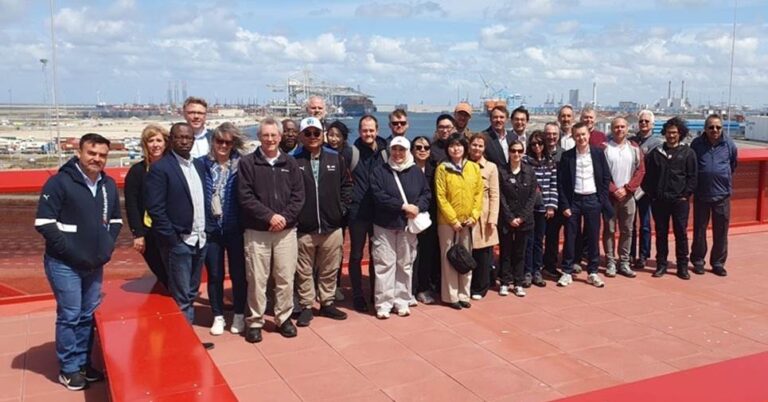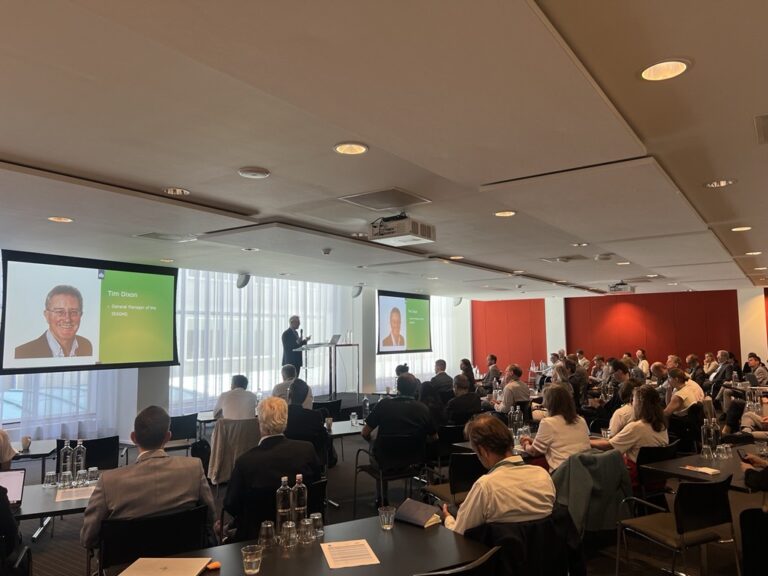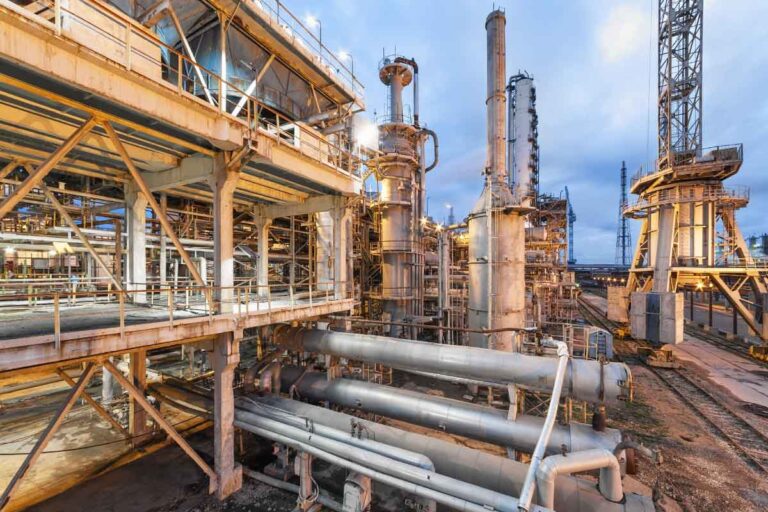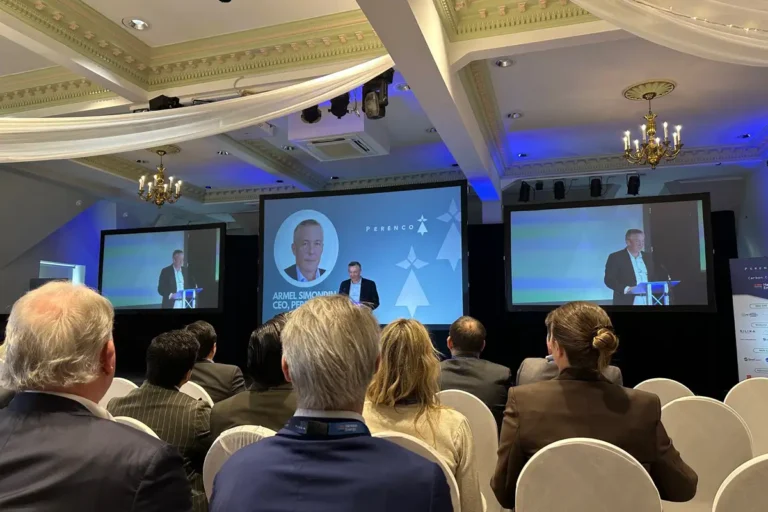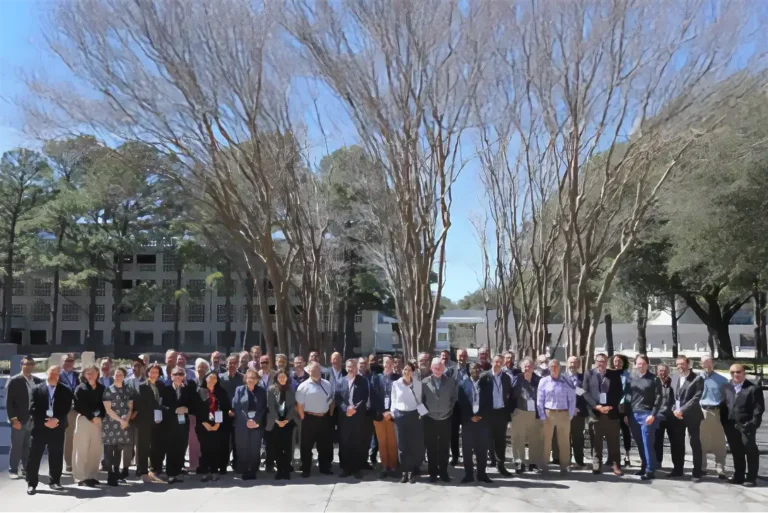
5th CCS Cost Network Workshop (13th-14th September 2017)
19 September 2017

The 5th Cost Network Meeting took place in Imperial College London, chaired by John Gibbins, from UKCCSRC. With the presence of a varied scientific community, once again this workshop was full of valuable presentations.
The meeting was divided in two days, starting with a review on the UK studies and large CCS projects. From those sessions, it was interesting to see the techno-economic assessment of emerging technologies, presented by Amec Foster Wheleer. During their presentation, we saw promising results based on a decrease of the energy penalty on new systems compared to traditional CCS. The large projects were represented by Petranova and Quest plants. The day continued with the session focused on the cost of emerging processes, where NET Power and the Membrane-based technology were presented, and concluded with CCS in Energy-Economic models, presented by University College Cork and Oxford University.
The second day started with the intervention of Clara Heuberger, from Imperial College London, who presented the role of CCS within the UK electricity system. Following this presentation, Andy Boston, from Red Vector, showed the results on the Australian case. As main conclusions from both speakers, we saw that flexibility is essential to assess the integration of CCS technologies within a techno-economic framework. As example, in Australia, different conditions based on locations are identified, so the integration of decarbonising technologies must be adapted accordingly. Likewise, as we saw in past events, CCS should be part of a synergy of technologies, which would include renewable energy amongst other strategies. Inflexible grids would struggle in the future and reliable low emissions electricity comes at a cost. In this scenario, deeper decarbonisation levels can be achieved using CCS.
The last section of the cost network meeting was compound by three parallel workshop sessions, where the attendees were divided in three groups based on their interests. I was lucky to be part of the session “Learnings from demonstration projects: what will be the next plant cost? “, chaired by Jeff Hoffmann, from USDOE NETL. In this session, interesting questions on the current CCS demonstration scenario were discussed: Firstly, the discussion started with the debate on the CCS status, currently based on FOAK (first of a kind) plants or large-demonstration projects. Additionally, while we see over-estimation of costs in those running plants to increase the trustworthiness on the carbon capture system, stakeholders consider that the cost will be reduced by 20-30% on the next constructions through a more precise design. Moreover, not only costs, but lessons from those projects are both technical and economically beneficial. In consequence, the strategy for the next generation of plants can take two pathways: First, going ahead to construct the SOAK (second of a kind) plant; or second, improve the systems at lab/plant scale and wait longer to scale it up. Nevertheless, IP issues will play an important role in CCS costs. While learnings can be extracted from projects running, still that could impact on the next plants costs.
The two days of the cost network workshop were charged of open discussions on methodologies to assess CCS costs and attendees showed high interest in continuing with those sessions. We look forward to attend the next one.
Other articles you might be interested in
Get the latest CCS news and insights
Get essential news and updates from the CCS sector and the IEAGHG by email.
Can’t find what you are looking for?
Whatever you would like to know, our dedicated team of experts is here to help you. Just drop us an email and we will get back to you as soon as we can.
Contact Us NowOther articles you might be interested in
Get the latest CCS news and insights
Get essential news and updates from the CCS sector and the IEAGHG by email.
Can't find what you are looking for?
Whatever you would like to know, our dedicated team of experts is here to help you. Just drop us an email and we will get back to you as soon as we can.
Contact Us Now

